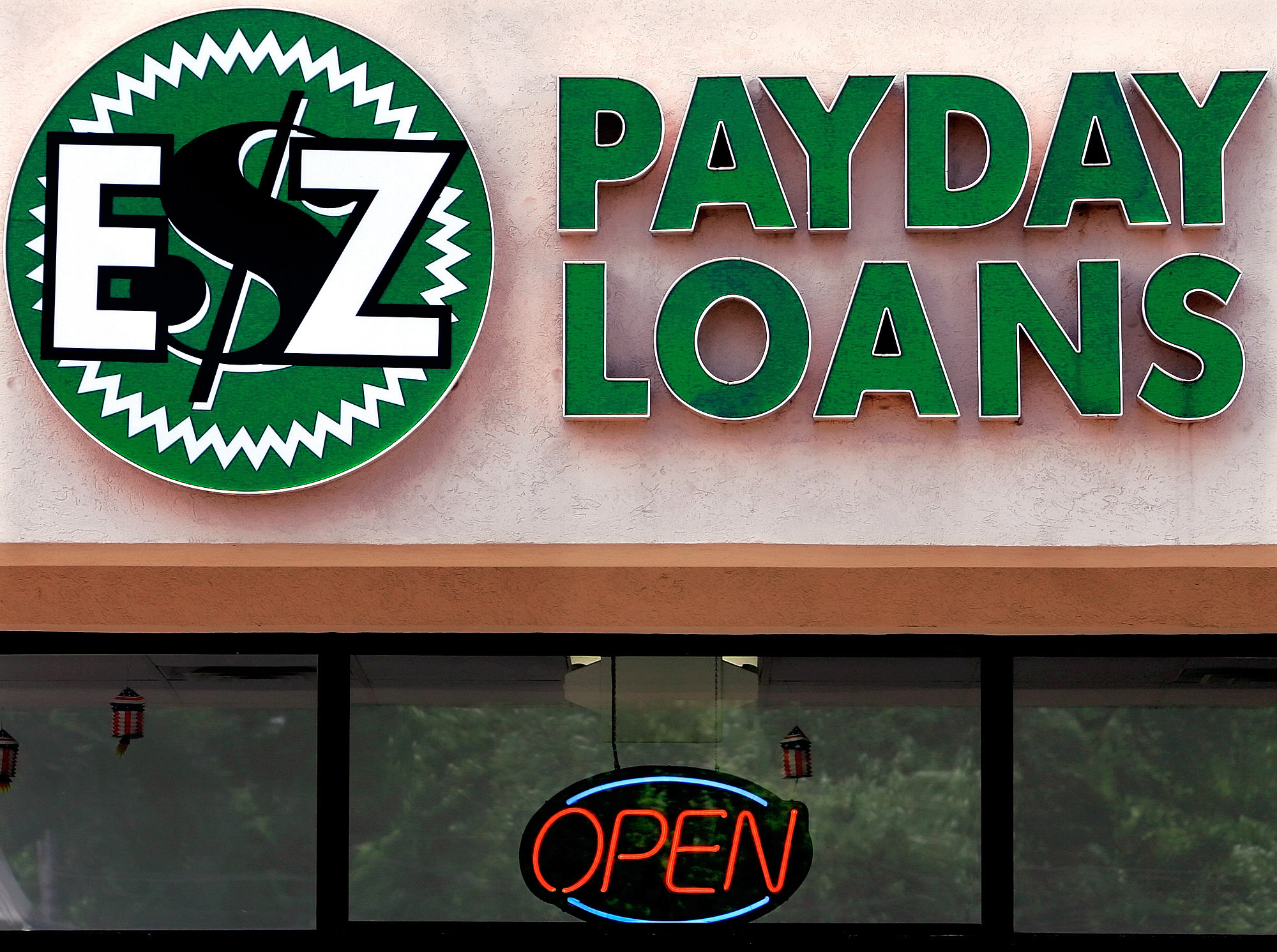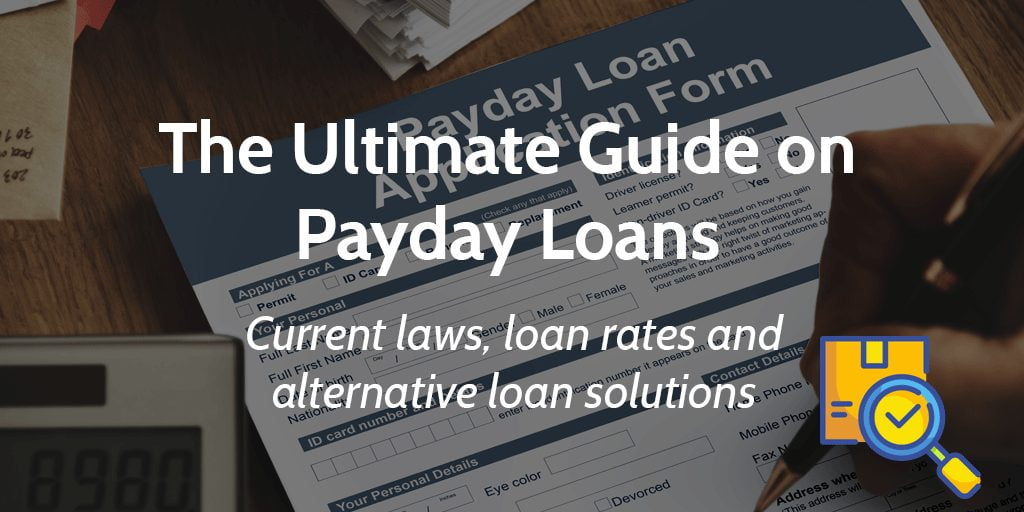Payday loans are meant to cover short-term financial emergencies. However, many payday borrowers end up re-borrowing, paying fees and increasing their credit debt. These loans can also hurt your credit score.
Fortunately, there are a few ways to avoid getting into this trap. First, know your rights. Each state has its own rules and regulations that govern payday lenders.
Fees
A quick search online reveals that payday lenders are notorious for charging triple-digit interest rates. This can quickly add up to a huge debt that’s difficult to repay. It can also damage your credit score, preventing you from borrowing in the future. Fortunately, there are alternatives. Many community banks and credit unions offer small loans with competitive rates. They may also have lenient loan qualification standards than large national banks. Alternatively, you can try online peer-to-peer lending to get a short-term loan with much lower interest rates.
A payday loan is a short-term loan that’s usually due on the borrower’s next paycheck. Borrowers typically visit a payday lending store to secure the loan by writing a postdated check for the amount of the loan plus fees. Depending on state law, these fees can range from $10 to $30 per $100 borrowed. Some states have caps on these fees, but most don’t. They also don’t require a credit check and don’t appear on your credit report, making them accessible to people with bad credit.

Interest
The cost of payday loans can be high, especially for borrowers who are unable to repay the loan on time. The interest rate on these loans can be as high as 391%, portal.ruad.nl which is more than triple the average credit card interest rate. This makes payday loans a form of predatory lending and a financial quicksand.
To qualify for a payday loan, borrowers must provide their income and bank account information. The lender will then either post-date a check to coincide with the borrower’s next payday or authorize direct debit from the borrower’s bank account. The fees charged by payday lenders are based on a percentage of the amount borrowed, which is called an annual percentage rate (APR).

Alternative financing options can include personal loans from credit unions, which offer lower rates than payday loans. Alternatively, borrowers can also take out cash advances from their credit cards, which are usually available with less strict qualifications.
Repayment time
Payday loans can have a disastrous effect on your credit score. They typically cost $15 per $100 borrowed, which works out to an annual percentage rate of 400% or more. They also often impose other charges, such as bounced-check fees and non-sufficient funds penalties from your bank. In addition, if you fail to repay a payday loan, it can be sold to debt collection agencies, which may report non-payment to the credit reporting bureaus and LA ruin your credit.
Fortunately, there are alternatives to payday loans that are much less expensive. For example, you can borrow from a credit union or a small loan company. Credit unions are more flexible in their qualifications and offer lower interest rates than banks. Additionally, some federal credit unions offer payday alternative loans (PAL) that are considerably less expensive than traditional payday and title loans.
Legality
In New York, it is illegal to make payday loans in person or by telephone. It is also illegal for lenders to cash post-dated checks. However, many low-income households and black families use payday loans to pay bills. These loans can become a debt trap that can last for months or even years.
It takes an average of five months to repay a $300 payday loan, according to Pew. Often, borrowers must take out another loan to cover the first one's interest charges.
The Consumer Financial Protection Bureau has attempted to curb payday lending by imposing modest regulations. However, the Trump administration has rolled back those rules. Some state lawmakers have enacted reforms to help people with damaged credit get access to small loans on better terms. These include payday loan reform laws that cap rates and require lenders to assess a borrower's ability to repay. These laws can save borrowers hundreds of dollars in interest costs over the life of a loan.